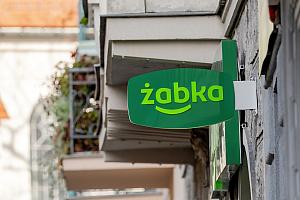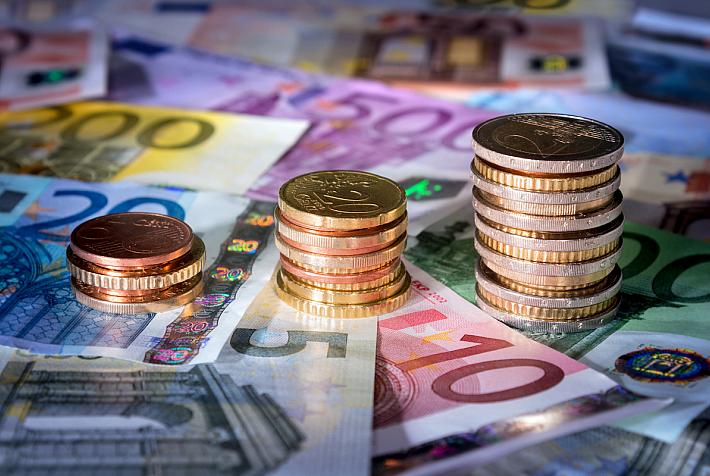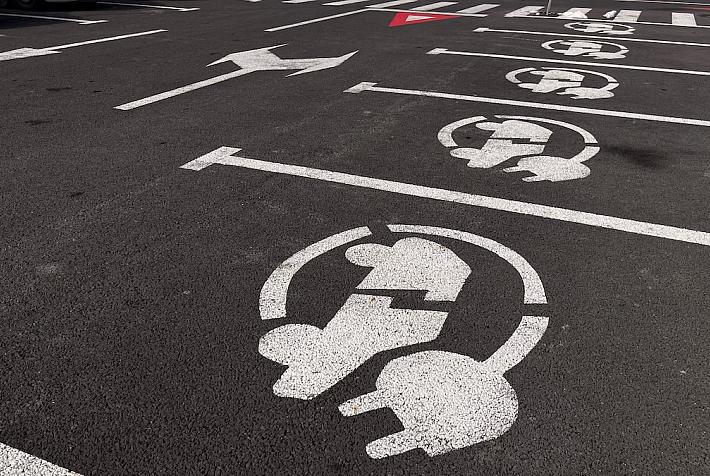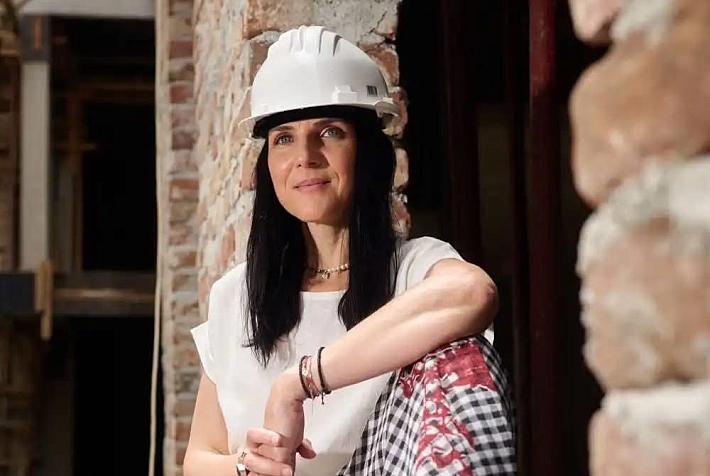Three out of four Romanians think sustainability is an individual responsibility, survey shows
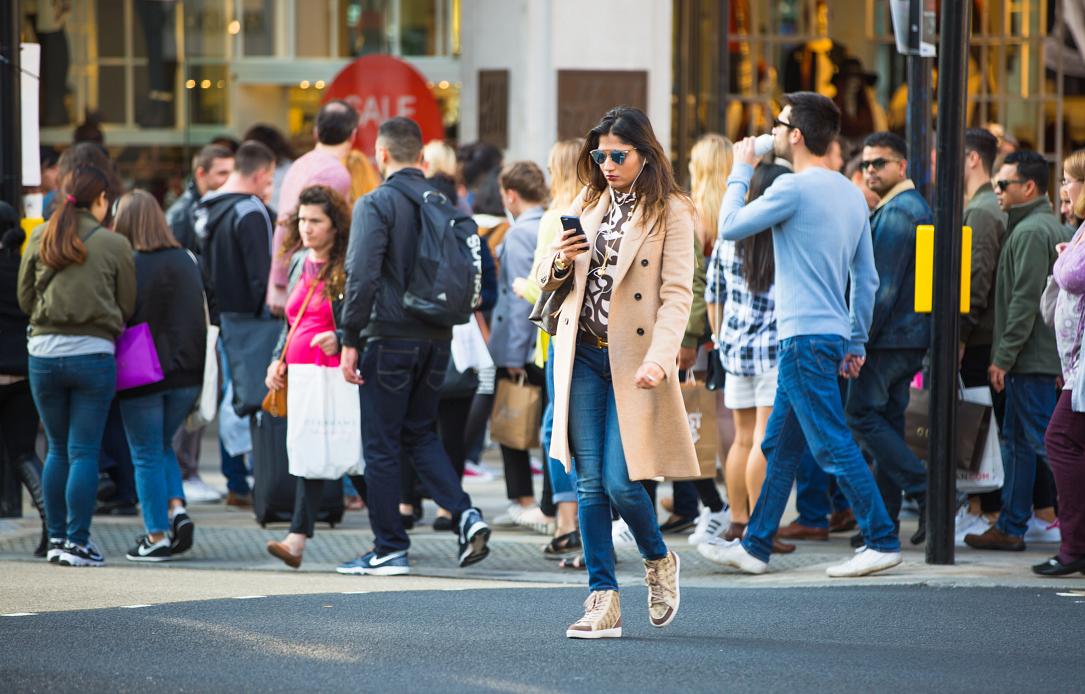
Roughly 72% of Romanians believe that their own actions have the greatest impact in building a sustainable future. At the same time, they acknowledge the essential role of companies (68%) and governments (66%) in achieving sustainability goals, according to the fourth annual edition of the National Barometer on Romanians' perceptions and behaviors related to sustainability and how these have evolved between 2022 and 2025.
The survey, conducted by Reveal Marketing Research together with Kaufland Romania and PRO TV, shows that in 2025 the ecological component of “environmental protection” returns to the forefront, after in 2024 consumer perceptions were more focused on recycling, due to the introduction of the Deposit-Return System, SGR.
Results highlight that environmental protection is the first word Romanians spontaneously associate with sustainability (20%), a percentage that has significantly increased compared to 2024 (14%) and is similar to the levels recorded in 2022 (17%) and 2023 (22%).
In terms of the main attributes associated with sustainability, responsible use of resources remains at the top of Romanians' perceptions, being mentioned by 29% of respondents. Recycling also remains an important element in this definition, being cited by 24% of participants, a percentage similar to that of the previous year.
Sustainability is primarily perceived as an individual responsibility, with 72% of Romanians believing that their own actions have the greatest impact in building a sustainable future. Roughly 68% also recognize the role of companies and 66% say that governments have an important role as well. Unlike last year, innovation in technology is gaining increasing importance in this process, with the percentage of those who consider it a key factor rising from 47% to 64%.
In Romanians’ view, the main motivations for adopting a sustainable model at the societal level are protecting the environment (42%) and reducing waste (41%, up 6% compared to 2024). The main barriers to adopting environmentally responsible practices and behaviors remain the high costs of sustainable products (47%) and consumer distrust regarding the actual sustainability of products and services (46%).
Regarding the sustainable attributes of products, there is a significant change in Romanians’ priorities in 2025, with much greater emphasis placed on the concrete and immediate benefits of products. As such, the most important sustainable characteristics for them are that the product is beneficial to health (80%, compared to 56% in 2024) and effective in meeting consumer needs (78%, compared to 36% in 2024).
Regarding the frequency of sustainable behaviors, the majority of Romanians adopt habits such as separate collection of recyclable waste and disposal in dedicated containers (76%), use of reusable bags (75%), and 65% choose products with recyclable packaging. BIO products continue to be aspirational for Romanians, who increasingly perceive them as being beneficial to health (71%, up from 66% in 2024), environmentally friendly (67%, up from 62% in 2024), and of higher quality (60%, up from 54% in 2024).
However, only a third of respondents (33%) consider that the prices of these eco products are affordable, a percentage similar to last year’s.
The eco-label, which may include mentions such as recyclable, biodegradable, or reusable, plays a decisive role in the purchasing process, being described as important or very important by 62% of respondents. At the same time, 89% believe that eco-friendly packaging improves the quality and sustainability of the product.
At the top of the list of packaging considered most sustainable are recycled paper (47%), recyclable plastic (46%), and glass (32%). Most Romanians (55%) say they care about product sustainability, but also consider price. Only 41% would be willing to pay 1–10% more for a sustainable product, and 18% would pay 11–20% more.
"In 2025, Romanians increasingly want sustainable products to bring them direct and immediate benefits, such as a positive impact on health (80%) and effectiveness in meeting needs (78%), making BIO products and packaging increasingly aspirational," said Marius Luican, General Manager of Reveal Marketing Research.
Only 10% of Romanians said they had recently heard of initiatives or measures related to sustainability. Nevertheless, 73% stated that, in the past year, they consumed or used sustainable products, especially food (51%) and clothing or footwear (26%).
Regarding the sectors where Romanians believe there are the most sustainability initiatives, these are energy (37%), food and beverages (37%), and retail (25%). At the opposite end, the least involved sectors are residential construction (8%), telecommunications services (7%), and the financial-banking sector (6%).
(Photo source: irstone | Dreamstime.com)







